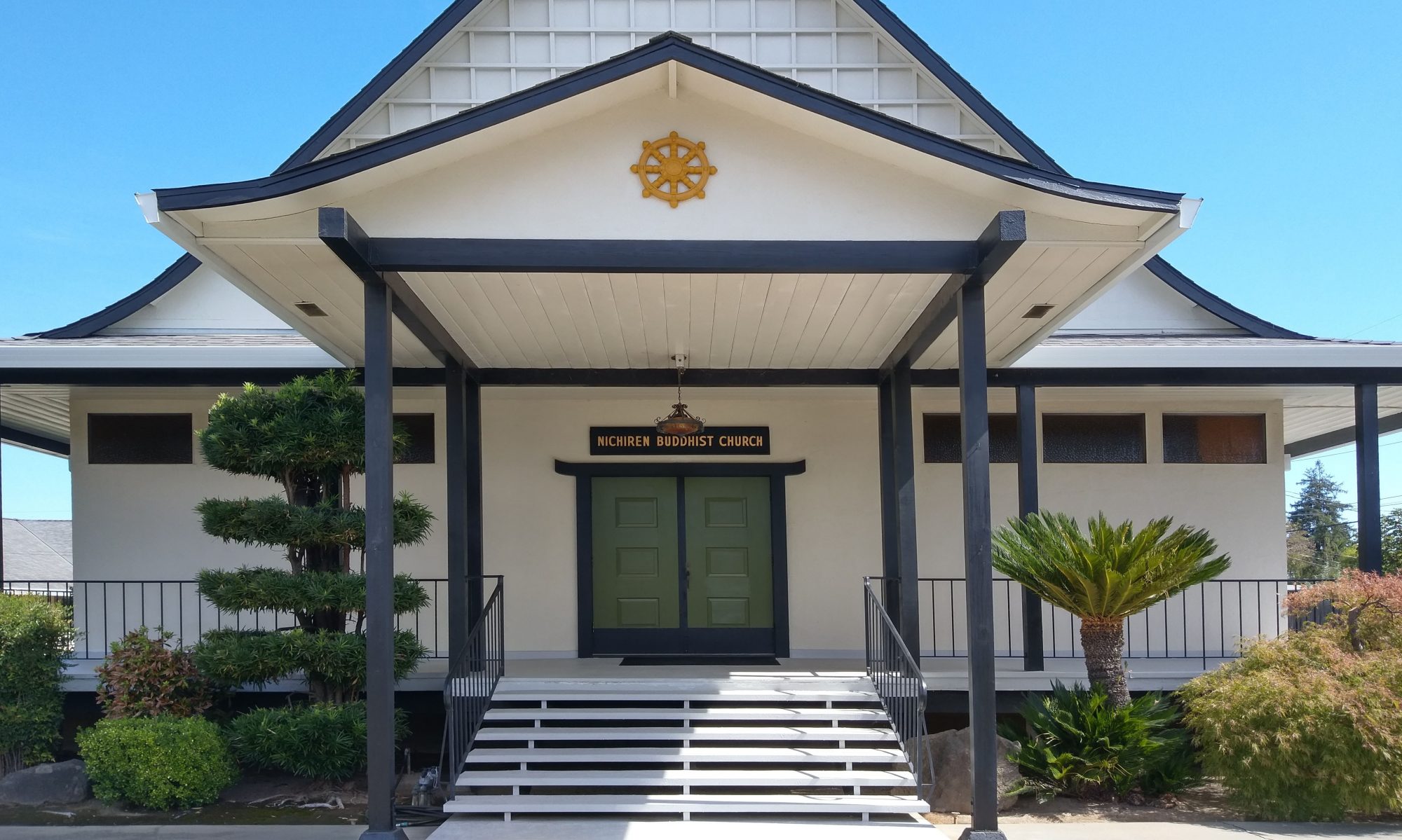There is no denying that we exist in this world as a result of having parents. We know that everyone experiences different degrees of parent involvement throughout his or her life. Some biological parents may be completely absent from their child’s life, while some children have differing biological and custodial parents. No matter the situation, there is usually someone there to assist in raising the child. Thus, in certain circumstances, the term “parent” can more generally refer to individuals that were involved in nurturing the child to adulthood.
Nevertheless, many people continue to insist that they grew up without their parents’ help and thus do not feel the need to take care of their now elderly parents. Nichiren Shonin once said, “One parent can raise ten children but one child cannot look after one parent”. This should definitely not be the case. Some times we hear a person say to his or her parents, “Why was I born? I never asked to be born in the first place.” The child may have uttered this out of pure frustration or in the midst of a heated argument, not giving much thought about the hurtful nature of those words. To many parents, this may be one of the most devastating statements made by their child.
People often do not think about the many problems the parents encounter in raising children. When the individual is first born, the parents worry the most about the child’s health, always tending to the child’s needs. When the child starts school, the parents worry about the social interaction with the other children. Even after the child is grown up, the parents continue to worry about their son or daughter’s future, including work and marriage. It is not uncommon to hear about parents so focused and worried about their children that they forget about taking care of themselves.
We observe another evidence of a parent caring for a child in the development and growth of potato crops. Though I have never worked in a farm myself, I have heard that when harvesting potatoes, farmers first select the best potato from the previous crop, which is cut into quarters and planted. Once the farmers have the new crop, they can dig up the underground stems to find the original piece of potato that was planted at the beginning of the harvesting season. The piece is all wrinkled and dried up, having exhausted all of its energy in producing this new crop.
The least we can do, as children, is to acknowledge our parents’ efforts through showing them respect. Thus, “filial piety” remains a core concept emphasized in many Buddhist and Asian societies to promote respect for one’s elders, including one’s parents and ancestors. Many misinterpret this idea, thinking that buying and gifting their parents with material things is enough.
Instead, there are three different ways that one can show respect to their parents. The first is simply to show and treat one’s parents with respect and reverence. The second way is to show the willingness to listen to their parents and their wishes in certain circumstances. This includes being able to show that one has established their career in order to provide their parents with a piece of mind and to worry less about their child’s future.
The third method is to hold a memorial service after one’s parents pass away. Many believe that once their parents pass away, it is no longer possible to show their respect and devotion. Though we may no longer have their physical presence, they will enter the spiritual world, where they will continue to worry about and guide us throughout life’s endeavors. Through these memorial services, we continue to remember them, while also thanking them for the sacrifices they made for us and their continued support.
No matter your situation or the current relationship that you may have with your parents, I hope you will spend some time reflecting on how to show respect and gratefulness towards them.
Ven. Kenjo lgarashi
September 2016
